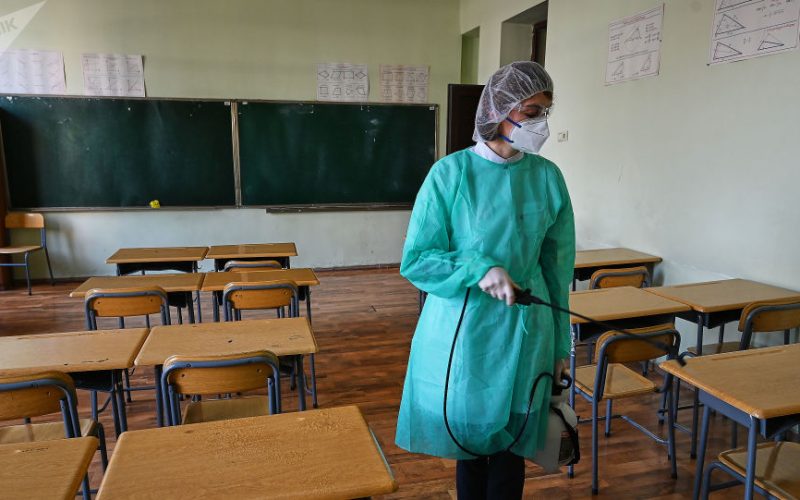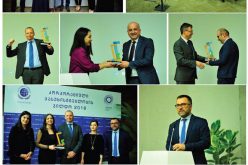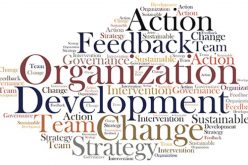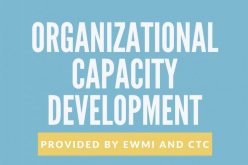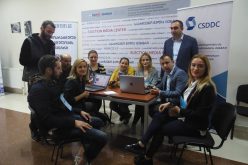In July, the Coalition “Education for All – Georgia” released its research findings on pandemic-induced learning loss in Georgia. The research, supported by EWMI ACCESS, determines the extent of learning loss in Georgia caused by the pandemic and its unfair distribution among various groups.
Learning loss is a specific loss of knowledge and skills caused by disruption of the learning process and deepening inequality in the accessibility to learning resources. Learning loss includes
• Academic loss (reversal in academic progress),
• Social loss (caused by isolation and lack of direct communication with teachers and peers), and
• Psycho-emotional loss (stress caused by disruption of stability and daily routine).
Due to a lack of data, it was impossible to compare students’ academic achievements before and after the pandemic. Therefore, researchers focused on learning loss and its unfair distribution among various groups via the established UNESCO method.
The findings revealed a learning loss at all levels and in all social groups, with the most significant loss being in mathematics and literacy skills at the primary school level.
After a three-week school closure in March 2020 and the shift to the distance learning format, the students’ academic performance and life skills development were negatively affected. Moreover, research also shows a drastic decrease in motivation among students, especially during and after the shift to distance learning. Low motivation seems to persist even after schools reopening.
Students also grew apart and progressively lowered their engagement in online lessons as schools struggled to ensure the quality of the distance learning process and offer students remedial programs tailored to specific needs. Teachers also had difficulties coping with the shift, often failing to prioritize topics and assess students effectively, as well as integrating digital auxiliary resources in the teaching process.
One of the key findings is that the pandemic has considerably widened the social divide, with the most vulnerable being ethnic minorities, students from socially unprotected families, multi-child families, and children with special needs. For example, distance learning software and resources in ethnic minority languages suffered significant delays. 52% of students from low-income families did not have internet access, contributing to further learning disruption.
Generally, 12% of students from all social groups throughout the country had no access to the internet, and 14% did not have computers. Students from rural areas are 20% less likely to have internet access than students from urban areas.
The survey authors offer recommendations and remedial actions to schools and the Ministry of Education while also providing an analysis of international experience from Latvia, Ukraine, Moldova, and the USA.



